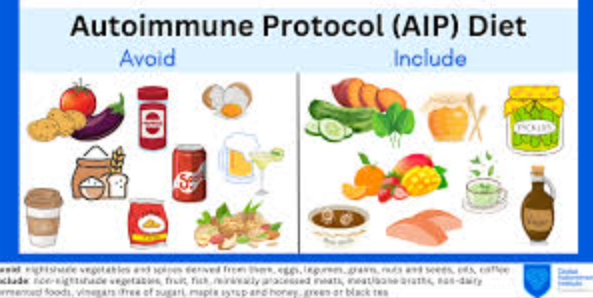
Managing autoimmune diseases requires a holistic approach, and diet plays a critical role in reducing inflammation and supporting immune function. The Engine 2 Diet, a plant-based eating plan, is gaining attention as a potential ally for managing autoimmune conditions. This article explores how the Engine 2 Diet can help alleviate symptoms and improve overall health.
Understanding Autoimmune Diseases
Autoimmune diseases occur when the immune system mistakenly attacks healthy tissues, leading to inflammation and a range of symptoms such as joint pain, fatigue, and digestive issues. Conditions like rheumatoid arthritis, lupus, and multiple sclerosis are common examples.
The Role of Diet in Autoimmune Disease Management
Diet influences inflammation levels and gut health, two key factors in autoimmune diseases. A plant-based diet like Engine 2 eliminates processed foods, unhealthy fats, and refined sugars—culprits that can worsen autoimmune symptoms.
How the Engine 2 Diet Supports Autoimmune Health
The Engine 2 Diet emphasizes whole, unprocessed plant-based foods rich in nutrients and anti-inflammatory properties. Here’s how it benefits individuals with autoimmune conditions:
1. Reduces Inflammation
- Leafy Greens: Kale, spinach, and Swiss chard are packed with antioxidants and polyphenols that combat inflammation.
- Berries: Blueberries, raspberries, and strawberries contain anthocyanins, powerful compounds that reduce inflammatory markers.
2. Supports Gut Health
- Whole Grains: Oats, quinoa, and brown rice provide fiber, which fosters a healthy gut microbiome—a critical factor in managing autoimmune conditions.
- Legumes: Lentils and chickpeas are rich in prebiotics, supporting beneficial gut bacteria.
3. Boosts Healthy Fats
- Nuts and Seeds: Almonds, walnuts, flaxseeds, and chia seeds supply omega-3 fatty acids, which reduce inflammation and support brain health.
4. Eliminates Trigger Foods
- The Engine 2 Diet excludes processed foods, dairy, and animal products, reducing potential allergens and irritants that may trigger autoimmune flare-ups.
Scientific Backing
Emerging research supports the idea that plant-based diets can improve autoimmune disease outcomes:
- A study published in Nutrients (2020) found that plant-based diets lower C-reactive protein levels, a key marker of inflammation.
- Research in Frontiers in Immunology highlights the role of a healthy gut microbiome in managing autoimmune diseases, which can be achieved through fiber-rich diets like Engine 2.
Tips for Transitioning to the Engine 2 Diet
Transitioning to a plant-based diet may feel overwhelming at first. Here are some tips to make it easier:
- Start Slow
- Begin by incorporating more plant-based meals into your week.
- Replace one meal daily with Engine 2-approved recipes.
- Focus on Meal Prep
- Prepare large batches of soups, stews, and grain bowls to save time.
- Experiment with Recipes
- Try new dishes like quinoa salads, lentil curries, and berry smoothies.
- Seek Support
- Join plant-based diet communities online or connect with a dietitian for guidance.
Engine 2 vs. Noom: What’s Better for Autoimmune Health?
When users search “Noom vs. Engine 2,” they’re often comparing flexibility and focus:
- Noom: Offers a behavioral approach to weight loss but lacks a specific focus on inflammation or autoimmune support.
- Engine 2: Specifically designed for heart health and whole-food nutrition, making it more suitable for those managing autoimmune diseases.
For more detailed comparisons, visit Infoiz.com and explore guides tailored to specific health goals.
Clustering and Internal Linking Opportunities
To enhance user experience and SEO performance, cluster this article with related content:
- “Best Anti-Inflammatory Foods for Autoimmune Diseases”
- “How to Build a Plant-Based Diet for Chronic Illness”
- “Noom vs. Engine 2: Which is Right for You?”
Use internal links to guide readers to these articles on Infoiz.com, and external links to reputable sources like Healthline for in-depth nutritional research.
Conclusion
The Engine 2 Diet is a promising option for individuals managing autoimmune diseases. By focusing on anti-inflammatory, nutrient-dense foods and eliminating common dietary triggers, it can help reduce symptoms and improve overall well-being.
For more information and tips on achieving optimal health through diet, visit Infoiz.com.






